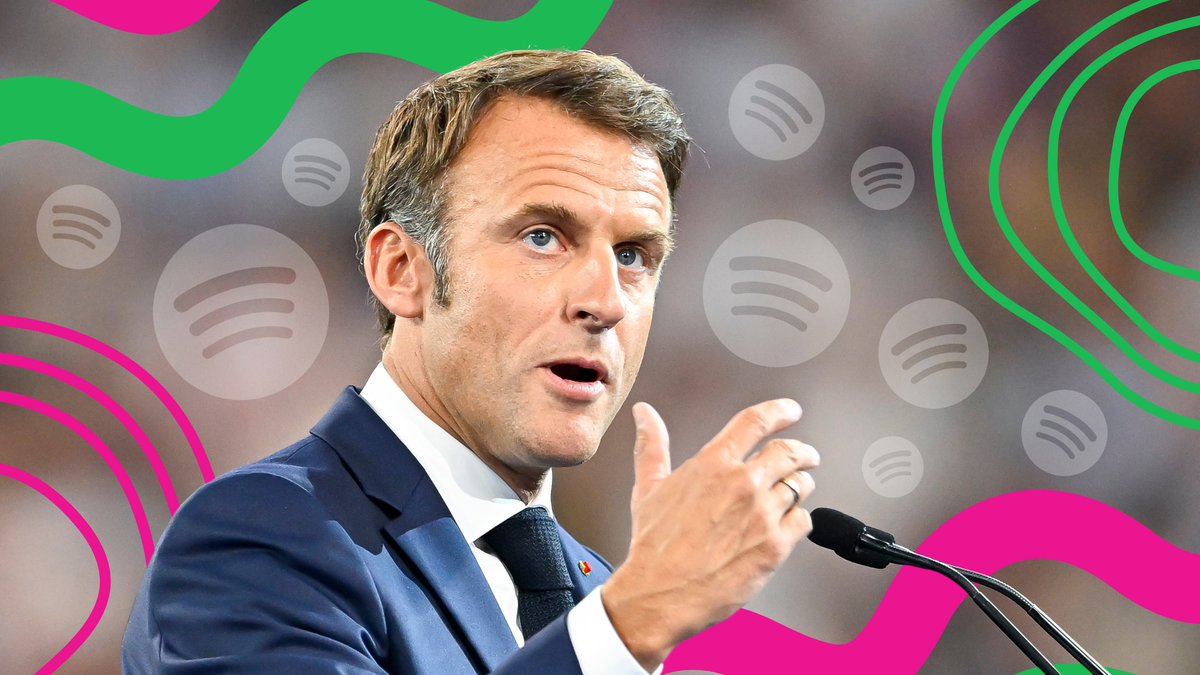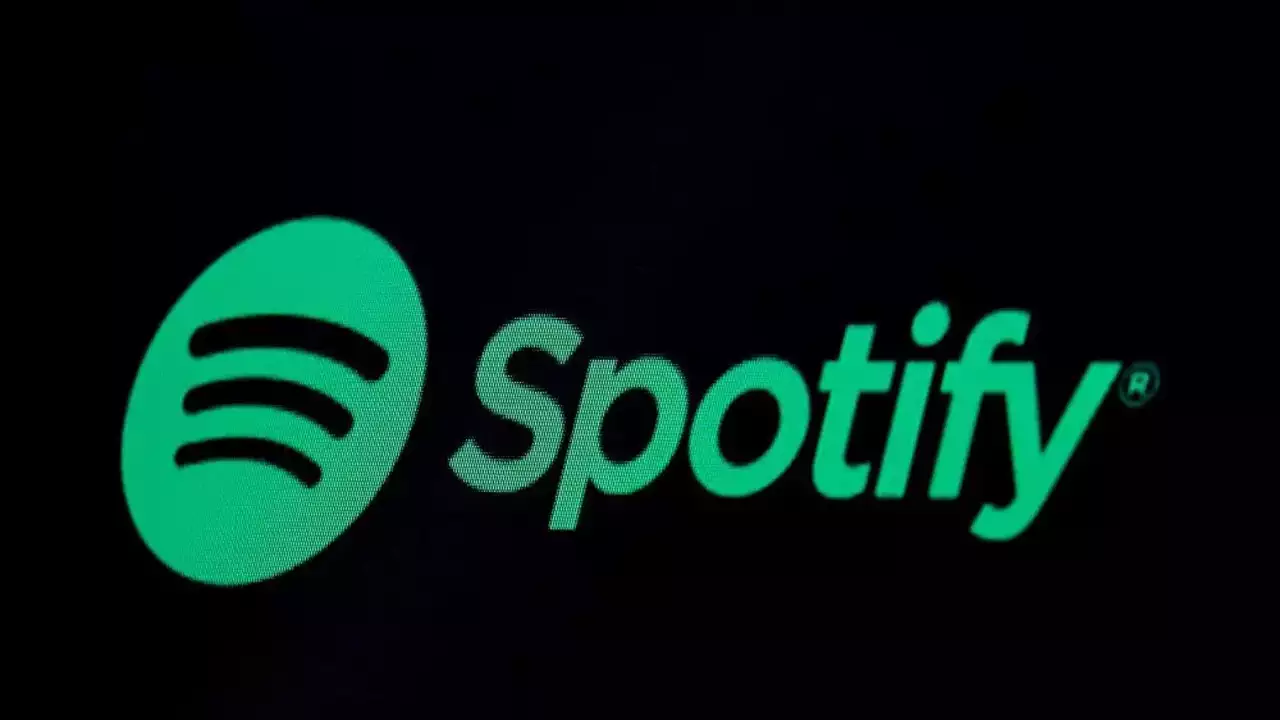In a significant pivot that’s causing ripples across the European Union, Spotify has unveiled plans to adjust its subscription models in France. This decision emerges in direct response to a fresh legislative maneuver by the French government: the introduction of the Centre National de la Musique (CNM) tax. Designed to invigorate the local music sector, this tax imposes a 1.2% levy on the streaming revenues of heavyweight services like Spotify, Apple Music, and Deezer, all of which generate over €20 million within the country’s borders.
The legislative change has sparked a nuanced dialogue about the sustainability of digital music services and their contribution to the cultural fabric of nations.

The Price of Music: Navigating New Fiscal Waters
Spotify’s stance on the CNM tax is unequivocal. The streaming titan has voiced its apprehensions, arguing that this tax could inadvertently strain its user base by necessitating the highest subscription fees across the EU for French listeners.
This adjustment is not just about numbers on a balance sheet; it’s a reflection of the broader challenge digital platforms face when governments decide to tap into their revenue streams for cultural funding.
The backdrop to this development is intriguing. Other industry players, including Apple Music and Deezer, have also expressed discontent with the CNM tax but have stopped short of announcing any immediate price revisions.
This divergence in strategy underscores the complex calculus firms must perform in balancing regulatory compliance with customer retention and market competitiveness.

A Symphony of Discontent: Spotify’s Broader Critique
Beyond the immediate financial implications, Spotify has launched a broader critique of the CNM tax’s operational logic. The company’s analysis points out a disconcerting discrepancy: despite the tax’s aim to support the French music industry, the administrative budget of the CNM overshadows the actual revenue generated by this levy.
This raises poignant questions about the efficiency and impact of such fiscal policies on the very sectors they aim to bolster. Spotify’s reaction to the CNM tax is multifaceted, extending beyond corporate statements to tangible actions. The streaming service has notably withdrawn financial support from key French music festivals, signaling a deeper dissatisfaction with the current state of play.
This move, while controversial, illuminates the strategic dilemmas facing digital platforms as they navigate the intricate web of global regulations.
Spotify Is Hiking Its Subscription Prices In France Following Music Streaming Tax https://t.co/f48cr62ARj
— billboard pro (@billboardpro) March 7, 2024
Innovation Amid Adversity: The Audiobook Gambit
Interestingly, amidst this fiscal and regulatory tumult, Spotify has also chosen to broaden its horizons by introducing an audiobook-only subscription plan. This expansion is not merely a diversification strategy but a calculated step to deepen engagement with its user base and explore new revenue avenues.
As traditional music streaming becomes entangled in legislative and fiscal challenges, venturing into the burgeoning audiobook market could provide Spotify with a fresh narrative and a hedge against the unpredictability of the music industry’s economics.
Looking Ahead: A New Chapter for Digital Music in France
As Spotify prepares to roll out its revised pricing model in France, the forthcoming weeks will be critical in shaping the dialogue between digital platforms and regulatory frameworks.
French subscribers, while bracing for the impact on their wallets, are also participants in a broader conversation about the value of digital content and the mechanisms through which it is financed and consumed.

The unfolding saga of Spotify and the CNM tax is more than a corporate skirmish; it’s a lens through which we can examine the evolving dynamics of culture, technology, and governance in the digital age.
As Spotify navigates these choppy waters, its strategies—ranging from price adjustments to new product offerings—reflect a deep engagement with the challenges and opportunities of sustaining a vibrant digital ecosystem in an era of unprecedented change.










